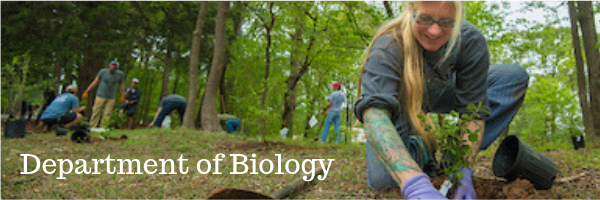
Faculty and Student Publications
RCB initiates Arabidopsis thermomorphogenesis by stabilizing the thermoregulator PIF4 in the daytime
Document Type
Article
Publication Date
12-1-2021
Abstract
Daytime warm temperature elicits thermomorphogenesis in Arabidopsis by stabilizing the central thermoregulator PHYTOCHROME INTERACTING transcription FACTOR 4 (PIF4), whose degradation is otherwise promoted by the photoreceptor and thermosensor phytochrome B. PIF4 stabilization in the light requires a transcriptional activator, HEMERA (HMR), and is abrogated when HMR’s transactivation activity is impaired in hmr-22. Here, we report the identification of a hmr-22 suppressor mutant, rcb-101, which surprisingly carries an A275V mutation in REGULATOR OF CHLOROPLAST BIOGENESIS (RCB). rcb-101/hmr-22 restores thermoresponsive PIF4 accumulation and reverts the defects of hmr-22 in chloroplast biogenesis and photomorphogenesis. Strikingly, similar to hmr, the null rcb-10 mutant impedes PIF4 accumulation and thereby loses the warm-temperature response. rcb-101 rescues hmr-22 in an allele-specific manner. Consistently, RCB interacts directly with HMR. Together, these results unveil RCB as a novel temperature signaling component that functions collaboratively with HMR to initiate thermomorphogenesis by selectively stabilizing PIF4 in the daytime.
Relational Format
journal article
Recommended Citation
Qiu, Y., Pasoreck, E. K., Yoo, C. Y., He, J., Wang, H., Bajracharya, A., Li, M., Larsen, H. D., Cheung, S., & Chen, M. (2021). RCB initiates Arabidopsis thermomorphogenesis by stabilizing the thermoregulator PIF4 in the daytime. Nature Communications, 12(1), 2042. https://doi.org/10.1038/s41467-021-22313-x
DOI
10.1038/s41467-021-22313-x
Accessibility Status
Searchable text

